Bowling How To's & Buyers Guides, Bowling News, Bowling Tips & Coaching Articles, Lane Play & Lane Patterns, Storm Bowling Ball Videos, Surface & Layouts
How to Prepare Your Tournament Bowling Ball Arsenal
BY KENDLE MILES
For this article, we will be discussing and outlining the steps it takes to decide the most versatile and completive 6-ball arsenal. When choosing the correct 6 balls you must keep in mind a few keys factors to ensure you are selecting the best arsenal for the event. You want to make sure you have a good mix of RG’s, differentials, coverstocks, and surfaces. Being sure to avoid having too many of the same type of bowling ball. Each ball serves a purpose in creating the correct shape or ball motion that the lane is calling for. Think of it as a toolbox. Saws are used for cutting, a hammer is used for nails, etc. Therefore, looking at your bowling equipment in the same way will make that decision making easier.
Fresh/Benchmark Ball
The first ball we are going to discuss the “Fresh Ball”, which is better known as your benchmark ball. Usually, this ball is the first ball out of your bag when are preparing for practice. The purpose of this ball will be the blend out the wet/dry, creating a predictable motion, and provide an overall feel for the pattern. For example, if the fresh ball over-reacts, we now know we throw a weaker option and vice-versa. If the fresh ball doesn’t hook quite enough on that pattern, we now know we can throw one of our ball-up options.
Ball Up
The second and third ball in our 6-ball arsenal is going to be the ‘Ball-Up’ option. This ball is used once the lane first starts to break down and move into more oil. Typically, this ball is going to be a touch stronger overall and is going to create more shape on the lane, increasing your margin for error and producing higher scores. For the majority of players, one or both balls will feature an asymmetrical weight block.
Late Hook
The next ball up for discussion will be the “Late Hook.” This ball will be best used when the lane gets into a later transition. It allows you to start shutting down your angles through the fronts but, will still respond when the ball gets to the dry. When the lane breaks down enough and requires you to play straighter, but you still need the ball to recover off the friction, then a ball change is needed and the ‘Burn-Ball’ which we will discuss next will be the right choice for this reaction.
Burn Ball
Now we have discussed the first 4 balls of our arsenal and next is the “Burn-Ball.” It will be the weakest and smoothest reactive ball on your bag. Its purpose is to create very little shape, allowing you to shut down your angles and play closer to the pocket. This ball will perform best when needing to play fallback, or “shim” the lane.
Plastic/Urethane
The sixth and final ball with be either urethane or plastic. This can be a very useful weapon when competing in tournament conditions. This will, of course, be used for spare shooting, but urethane is a great option too for fresh oil conditions, flatter patterns, and blending the wet/dry early in the event.
Keep in mind there are many variations of this arsenal that can be made. The house player can apply this to create a 3-ball arsenal, while the recreational or competitive player can use this same information to create a 4, 5 or 6 ball arsenal.
Below you will find the detailed process from our Technical Service Representative Chayton Petersen on how he decided 6-ball arsenal:
Since I’m rev dominant, my selection of balls will differ slightly than Kendle’s who is speed dominant. I have to rely upon the weight block clearing the fronts while still getting into a roll before it meets the pins. I favor high RG balls with weaker layouts so the weight block doesn’t transition as fast. I will walk you through my list of six balls I would take to a tournament based on my style.
Fresh/Benchmark
The Phaze II is my go-to benchmark for a few key reasons. First, any good benchmark ball gives you predictability, and that’s exactly what Phaze 2 does. Its combination of low RG, high differential, and a strong cover give me a motion I can rely on with any pattern. Although rev dominant players lean towards higher RG’s, low RG’s deliver this predictable motion that I need to give me an accurate representation of how the lane is playing. Combine that with a solid, aggressive cover that blends the lane out, I know exactly where the lane hooks, where it doesn’t, and where I should be playing.
Ball Up Option 1
The Axiom is my strong ball because of NeX, Storm’s strongest cover. The Axiom digs in the best on high volume and longer length patterns. A medium-strength layout provides me just enough length to match my ball speed. Sometimes, an asymmetric ball can hook too much or too early. Since the Orbital Core is symmetric, it stays in constant motion because it doesn’t have a high undrilled PSA torqueing the ball in one direction versus another.
Ball Up Option 2
The Parallax is a great additional ball-up option for me with its unique weight block and cover combination. The higher RG, differential, and strong undrilled PSA proved me the boosted torque I need down lane when I need to move left and hook the ball. Utilizing a weaker layout on the Parallax, I’m able to keep the ball in my hand longer. As the lanes break down and I need to step left, TractionX7 gets me through the front part of the lane while offering midlane read to help me control the pocket, especially on tougher patterns. Thankfully, versatility comes in spades because the cover easily accepts surface manipulations. When I need slightly more dig, I can put some surface on the ball and get it to read the lane sooner and blend the lane out more.
Late Hook
When I need a strong motion down lane and a clean look through the fronts, the Hy-Road Pearl is my go-to ball. R2S Pearl is the best choice when the front part of the lane starts to go away. As a rev dominant player, my ball wants to read early, and that is why getting a cover as clean and responsive as R2S is will help me get the ball to the correct part of the lane. Inverted Fe2 has the highest RG of all high-performance Storm balls and thanks to its higher differential it has no shortage of movement at the end of the pattern and at the pins.
Burn Ball
The most challenging conditions I face are when the lanes get burned. I find myelf running out of room to the left, but I still need the ball to get to the pins without using energy up too soon. The Electrify Pearl fits the bill in this situation. Reactor Pearl gives me the most amount of length I can afford when the lanes get bad. Because the differential isn’t too high or too low, the Circuit Core gives me a predictable motion that isn’t too much off of the spot. I am able to square up and shim the ball off of the friction in order to not have to cross too many boards.
Plastic/Urethane
Storm has several urethane options for various styles. For how I like to play, I prefer to use the Fast Pitch because of its slightly cleaner look compared to the Pitch Black. It still features a higher RG than most Storm cores so that allows rev dominant players like me to keep my angles shut down. I can still shape the Fast Pitch when I need to, though. An added benefit to carrying a urethane with you at all times is doubling it up as a spare ball. This frees up a slot in my bag and adds to my overall layout versatility.


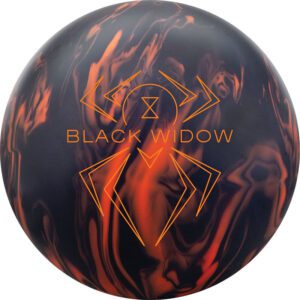

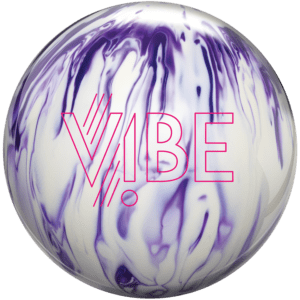








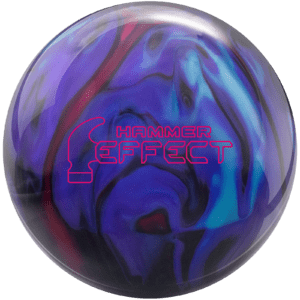






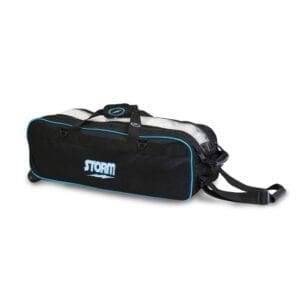
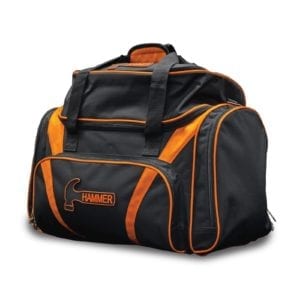

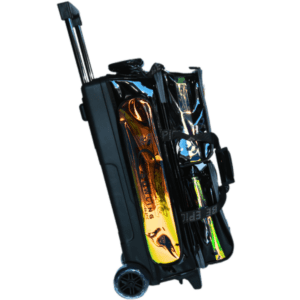














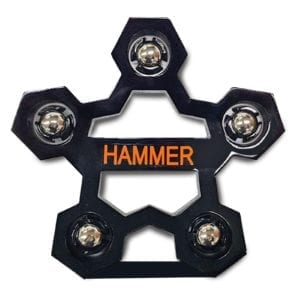


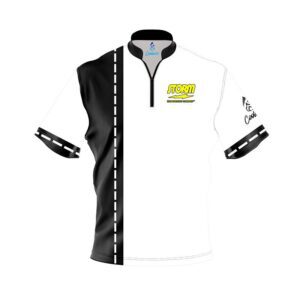

















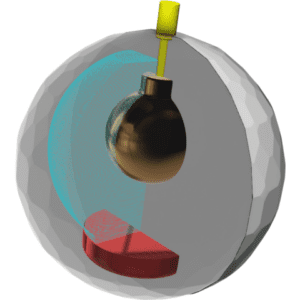





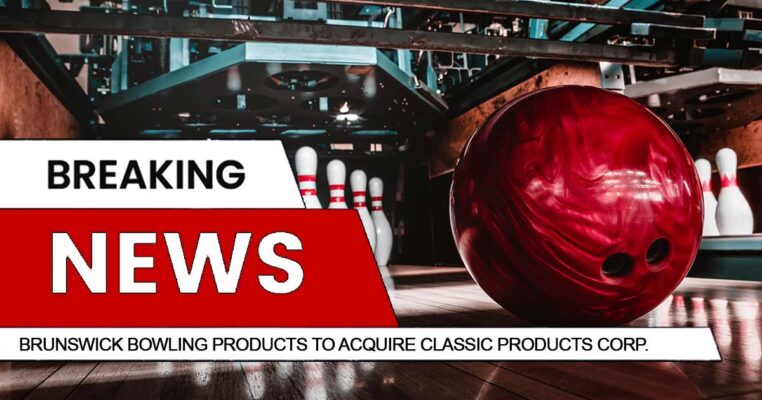
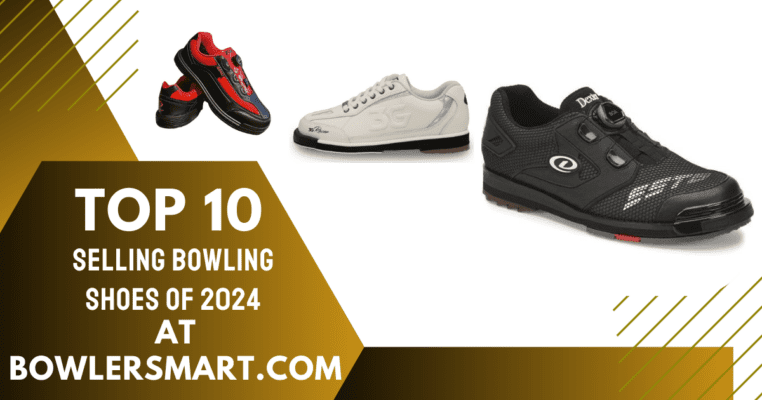
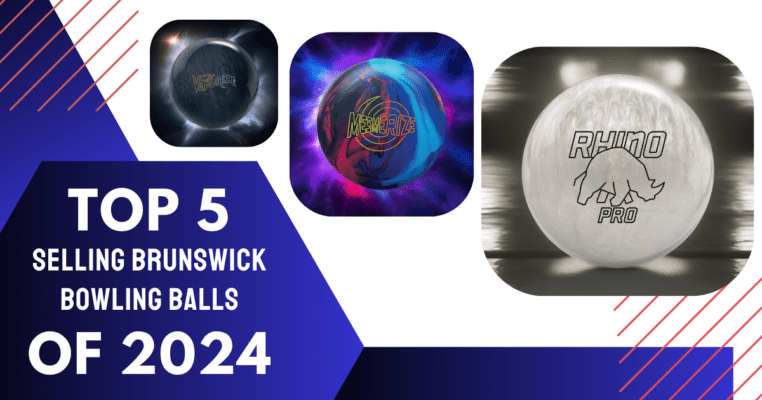
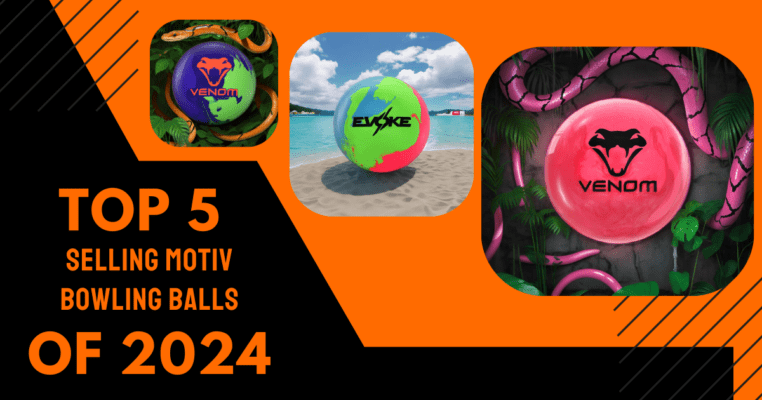
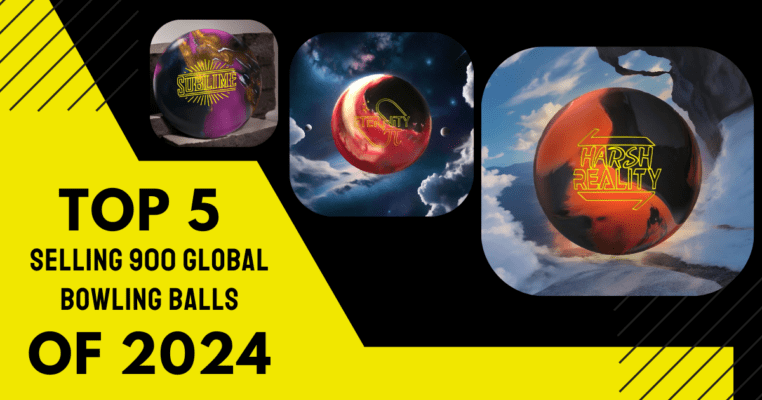
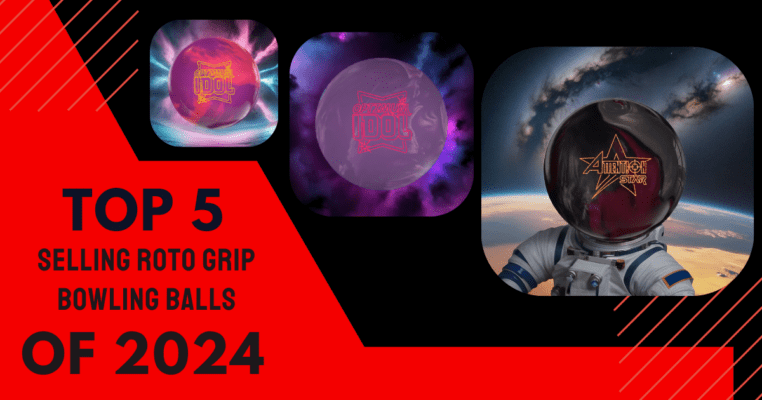
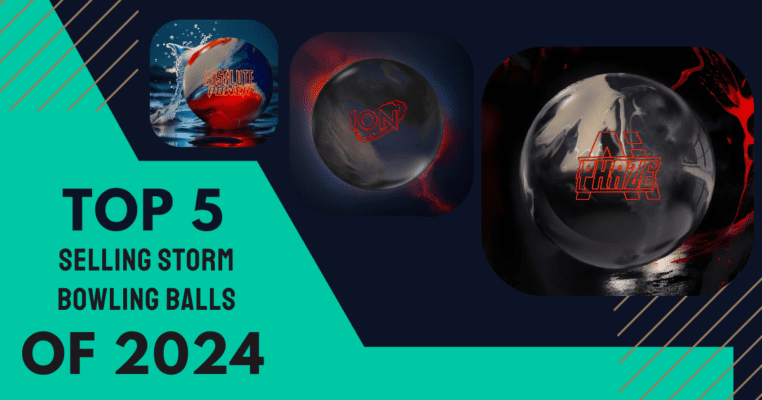
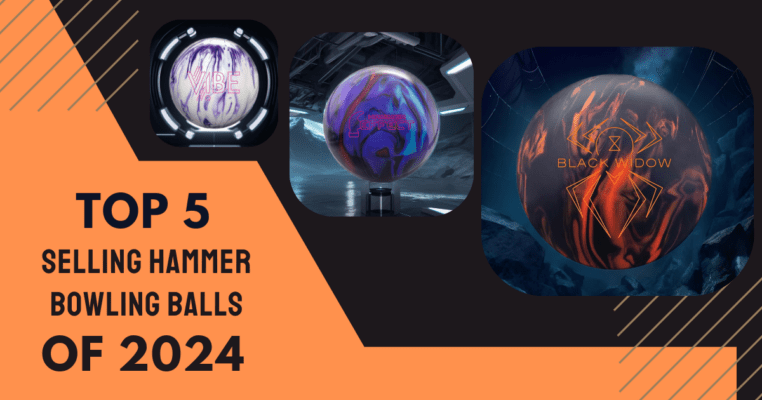







The seminar was instructive. Kendale is very articulate and knowledgeable. For bowlers it is a must see!